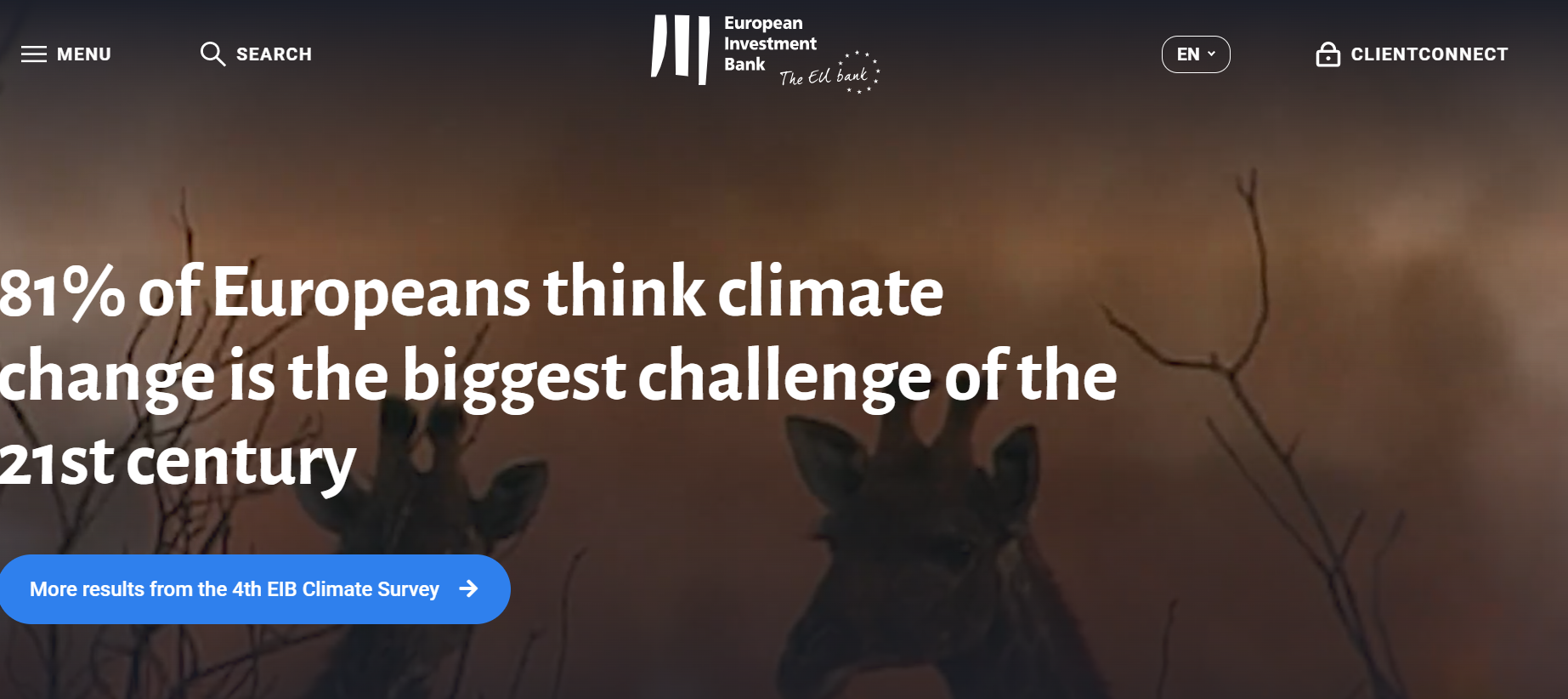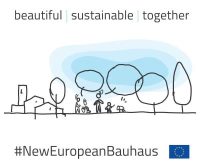
For 81% of Europeans, climate change is the biggest challenge of this century according to the EIB Climate Survey 2021-2022 released on 27 October.
This figure is highest amongst Chinese respondents, with 93% agreeing with this statement, followed by EU citizens (81%), the British (74%) and Americans (59%). In the European Union, United Kingdom and United States, younger people are more convinced of the severity of the climate crisis than older generations.
EU citizens (75%) believe that they are more concerned about the climate emergency than their governments and for 51% of EU citizens, it is difficult to solve the climate crisis because their governments are not active enough. Around the world, people are in favour of stricter measures that impose changes on people’s behaviour to tackle the climate crisis: 91% of Chinese respondents, 73% of Britons, 70% of EU citizens and 60% of Americans would support these measures.
When asked about the source of energy their country should rely on to fight global warming, citizens from all regions emphasise using renewable energies. While EU citizens (63%), Britons (59%) and Chinese (60%) are predominantly in favour of renewable energies, the same is true of only 50% of Americans.
Across the world, people say they would support imposing a warranty of a minimum of 5 years on any electric or electronic product and that strengthening education and increasing children’s awareness of sustainable consumption should be a priority. The adoption of a tax on products and services that contribute most to global warming would be welcomed by a majority of citizens in all regions.
This is the fourth edition of the EIB Climate Survey, a thorough assessment of how people feel about climate change. Conducted in partnership with market research firm BVA, the EIB Climate Survey aims to inform the broader debate on attitudes and expectations in terms of climate action. More than 30 000 respondents participated in the survey between 26 August and 22 September 2021, with a representative panel for each of the 30 countries polled. Results will be released in three waves in October 2021 and in January and March 2022.




